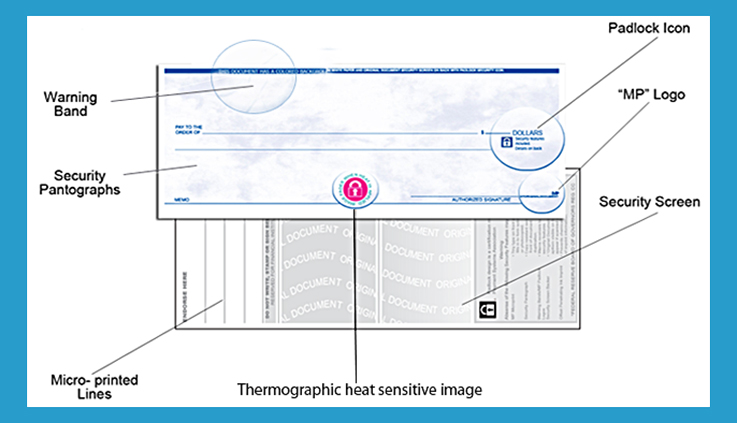Metro Pacific Investments Corp. (MPIC), under the leadership of Manuel Pangilinan, has recently made headlines with its substantial investment of P200 million in a dairy venture with the Magsaysay family’s Carmen’s Best. This unexpected move has sparked curiosity among industry observers, signaling a potential expansion into the agriculture sector and raising awareness about the imminent competition for existing players.
Pangilinan’s strategic decisions have often defied conventional expectations, as seen in the case of their hospitals segment, which has now emerged as the largest private sector healthcare group in the Philippines. Recalling the early skepticism surrounding their foray into the hospital industry, Pangilinan acknowledged that their entry into the sector was not driven by a stroke of management brilliance. The initial involvement stemmed from his appointment as chairman of the Makati Medical Center in 2006, a role that exposed him to the potential opportunities within the healthcare domain. Despite initial doubts, MPIC’s subsequent investment in Makati Med marked the beginning of its journey in the healthcare sector, eventually expanding its presence to 19 facilities across the country and attracting investments from prominent industry players like KKR and GIC.
Drawing parallels between their approach to the hospital segment and their recent investment in Carmen’s Best, Pangilinan emphasized the potential for transforming what may appear to be a small-scale venture into a significant business opportunity. With a focus on leveraging the current administration’s initiatives to address food security concerns, the move underscores MPIC’s commitment to contributing to the country’s development while also expanding its business portfolio.
On a separate front, SM Retail, through its Alfamart Philippines venture, has made significant strides in the local minimart sector, significantly accelerating its expansion efforts during the pandemic. Over the last two years, SM Retail has opened more than 500 Alfamart stores nationwide, with plans to further expand its presence to a total of 1,400 stores by the end of 2022. The company is actively exploring new locations, including transport terminals and residential communities, to establish its “Super Minimarts” and foster community development through job creation and support for local micro, small, and medium enterprises. With rivals also aggressively expanding in the sector, the competition is intensifying, raising questions about which group will ultimately emerge triumphant in this retail battleground.
Meanwhile, at the Department of Budget and Management (DBM), Secretary Amenah Pangandaman has pledged to implement reforms and streamline the operations of the controversial Procurement Service (PS-DBM). The agency faced scrutiny following allegations of irregularities in the procurement of medical supplies during the COVID-19 pandemic. The efforts to enhance oversight and transparency within the procurement process underscore the government’s commitment to curbing corruption and ensuring the effective utilization of limited resources. Despite the challenges posed by the agency’s controversial history, Pangandaman remains dedicated to driving budget reforms and advancing the administration’s key priorities, including climate change adaptation, food sufficiency, and infrastructure development.
As the business landscape continues to evolve and government agencies strive for greater transparency and accountability, these developments serve as a testament to the resilience and adaptability of key players in navigating the complex challenges of their respective industries. With MPIC and SM Retail pushing the boundaries of their traditional sectors and the DBM working towards greater efficiency and integrity, the Philippine business and governance landscape is poised for transformation and growth in the coming years.




